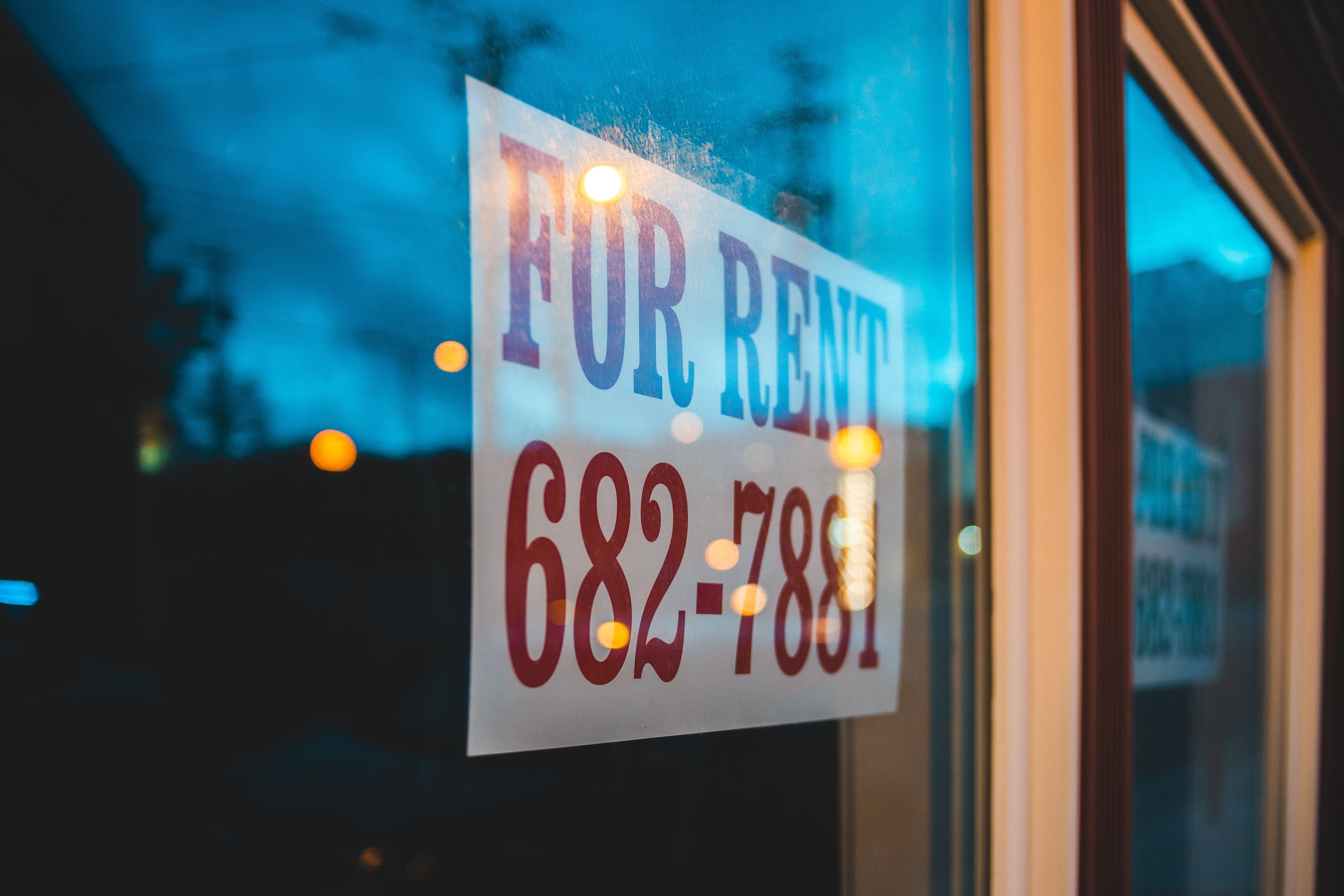When issues do come up, it is best to communicate in writing with your landlord. Should you end up in a legal battle, you’ll have written proof of requests made that will be hard for the landlord to dispute.
Tenants and landlords don’t always see eye-to-eye. When problems arise that are not being resolved, what recourse do you have as a tenant?
Ideally, you want to be able to resolve matters amicably and continue to maintain a good relationship. However, sometimes things don’t go that way. That’s when the situation may call for legal action. Here are seven instances where a tenant can sue a landlord.
Tenants’ Responsibilities
To understand what you can sue for, you first need to understand what you are responsible for. One of the advantages of renting is that you don’t have to worry about property maintenance. That’s the responsibility of the landlord. However, not every problem falls to the landlord to fix.
Tenants have a responsibility to keep the property in good condition and conduct minor maintenance. Not knowing where the line is drawn between tenant and landlord responsibility is often why disputes occur.
As a tenant, you are responsible for:
- Keeping the premises tidy and tending the garden (if maintaining the garden is in your contract).
- Disposing of garbage regularly, so as to not attract rodents and pests.
- Taking care of appliances, such as stoves, refrigerators, dishwashers, washers, dryers, and using them correctly to avoid damaging them.
- Properly operate and maintain plumbing and electrical fixtures. Don’t overload electrical outlets. If a drain is blocked, you can unblock it.
- Not causing damage, whether deliberately or through neglect, to the inside of the unit and outside (including communal areas).
As a tenant, you are also liable should something happen on your property that affects a neighbor or visitors. Let’s say a water pipe bursts in your apartment. Should flooding occur and it seeps down into the apartment below, you are responsible for any water damage. If a fire breaks out and a visitor is injured, you can be held liable for their medical costs.
It’s always advisable to take out renters insurance that covers theft or damage to your personal belongings while renting. It also covers incidents in which damage or injury occurs to others or neighboring properties.
7 Times Tenants Can Sue the Landlord
Now that you know what you are responsible for as a tenant, let’s look at certain scenarios where a landlord isn’t fulfilling their obligations. Here are 7 scenarios where the tenant has the right to sue.

1. The property is uninhabitable and is a health or safety hazard
Landlords are responsible for keeping a property habitable. That means the premises should be clean and free of pests and mold. All electrical and plumbing should be working and there should be no structural damage that can become a safety hazard. If the property becomes uninhabitable and you’ve raised it many times, you should take further action.
2. If you are injured due to a lack of property maintenance
Should any structural or electrical problems result in an injury, you have the right to sue your landlord, provided you have informed him or her before the incident happened. If a loose ceiling beam falls and injures you and you didn’t ask your landlord to repair it, the court is likely to side with the landlord because he or she wasn’t aware of the problem.
3. You were wrongfully evicted
If your landlord broke the terms of your contract or evicted you for no valid reason, you can fight this in court. If you were forced to move before the legal proceedings were concluded, the court may order the landlord to reimburse you for any costs related to moving or securing emergency temporary housing.
Note that evictions are currently not allowed in some states during the COVID-19 pandemic. In Los Angeles landlords are banned from evicting tenants who are struggling to pay rent due to COVID-related job losses or reduced household income.
4. Withholding your security deposit without a valid reason
If you moved out and left the property as you found it — neat, clean, and undamaged, then you’re entitled to get your deposit back. If your landlord refuses to return your deposit without a valid reason, this is illegal.
Some states have a security deposit law. If the landlord claims the money was used for normal wear-and-tear repairs, this is not a valid reason to withhold the deposit. Security deposits are to cover unpaid rent and repairs to damages caused by the tenant.
5. Infringing on your privacy
Even though the property belongs to the landlord, you have a right to live there peacefully and privately. Your landlord should not turn up unannounced at all hours of the day and night, nor should they enter the premises without your permission. Doing so is seen as criminal trespassing in the eyes of the law. If the behavior persists, you can take legal steps to stop it.
6. Housing discrimination
The Federal Fair Housing Act protects tenants from being discriminated against based on race, color, religion, national origin, sex, disability, or familial status. Not allowing service animals is also illegal. Housing discrimination can sometimes be subtle and hard to prove. Your landlord will deny it and it may come down to your word against his or hers.
If you strongly suspect you are being discriminated against, you can file a complaint with the U.S. Department of Housing and Urban Development who will investigate and, should the landlord be found guilty, follow the appropriate legal steps.
7. Refusing to reimburse you for costs of repairs
In some instances, a tenant will agree to make repairs and the landlord agrees to reimburse them. In other cases, it may be emergency repairs while the landlord was out of town or uncontactable.
If the repairs fall under the landlord’s responsibility, they should reimburse you. If they don’t, you can sue them to get your money back. If you do choose to make repairs, always make sure you have discussed it with the landlord beforehand and you have their approval.
When issues do come up, it is best to communicate in writing with your landlord. Should you end up in a legal battle, you’ll have written proof of requests made that will be hard for the landlord to dispute. That proof could mean the difference between winning and losing your case.


Join the conversation!